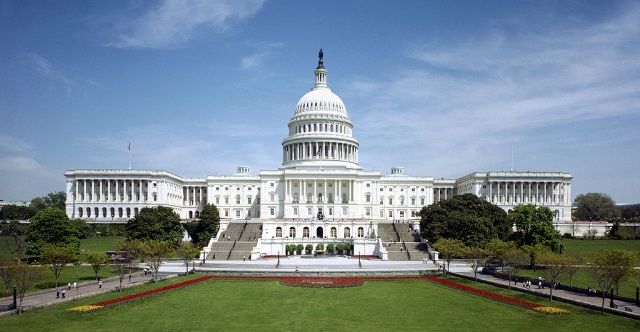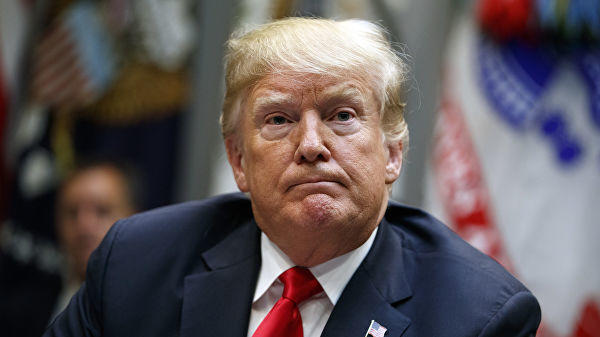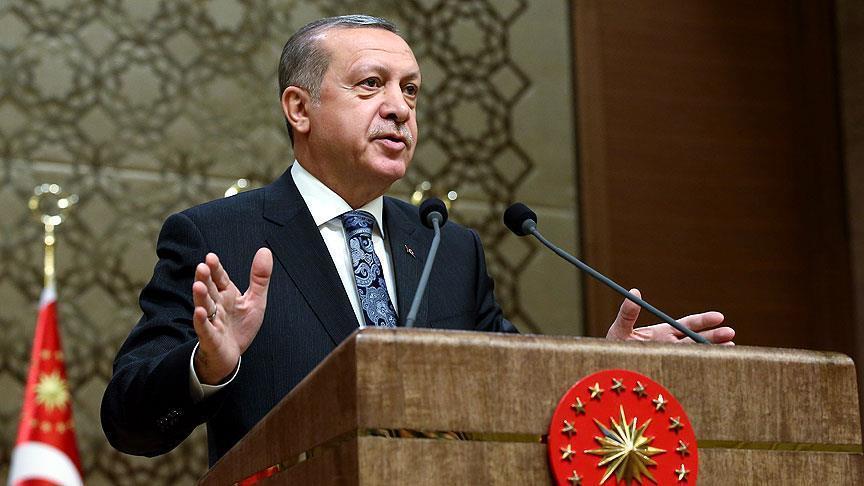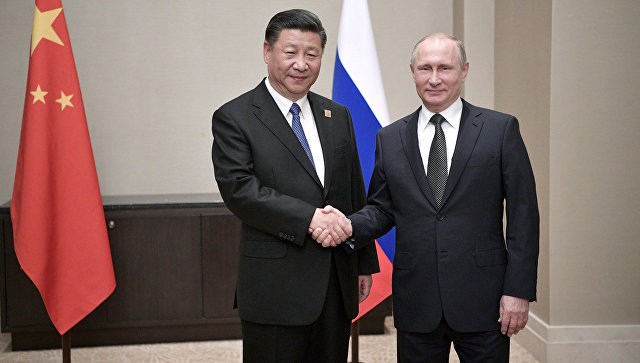President Donald Trump has announced plans to impose 25% tariffs on all steel and aluminum imports to the U.S., extending trade restrictions to key trading partners, including Canada and Mexico, to protect domestic industries.
Axar.az reports that he also indicated that reciprocal tariffs would be enacted on countries that tax U.S. imports.
These new measures come amidst growing concerns over market impacts, as the U.S. relies heavily on aluminum imports from countries like Canada and the UAE, and steel is crucial for industries such as aerospace, automotive manufacturing, and energy.
The tariffs, if implemented, could create challenges for buyers and sellers, who will need to find new markets and suppliers. Despite the uncertainty of implementation, Trump's past actions suggest he may use tariffs as a negotiating tool.
The announcement has stirred reactions from international players, with the European Union preparing to respond if the tariffs are imposed, recalling earlier trade disputes over U.S. steel duties.
In Asia, countries like South Korea, which are significant exporters to the U.S., are already exploring alternative markets. Additionally, China announced retaliatory measures against U.S. goods valued at $14 billion, reinforcing the global trade tensions.
While Trump’s tariff strategy remains unpredictable, it has been a central aspect of his approach to reshaping the U.S. economy, reducing trade deficits, and generating revenue, despite warnings from economists about potential negative impacts on U.S. manufacturers, consumers, and global trade flows.












































